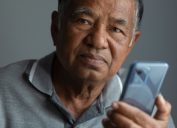29 Shocking Allegations From Trump’s Historic Indictment
Unraveling the alleged scheme to subvert democracy.
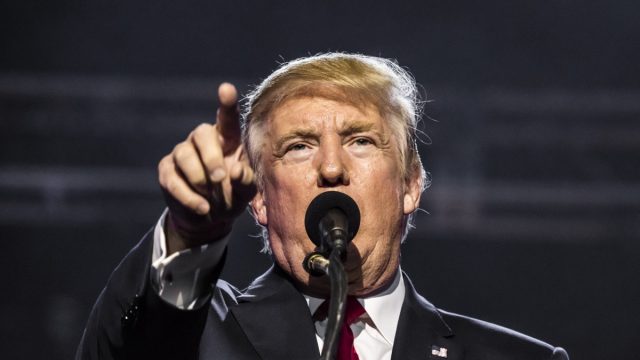
In a sweeping federal indictment, former President Donald J. Trump faces charges related to a conspiracy to defraud the United States during his post-election period. From November 2020 to January 2021, the indictment alleges Trump and his co-conspirators engaged in a calculated plan to undermine the legitimacy of the 2020 election results. Through the deliberate dissemination of false information, they sought to obstruct the federal government’s function responsible for certifying the election. The indictment exposes the extent of the conspiracy and its implications on the democratic process, as legal proceedings shed light on the events leading to the January 6 attack on the Capitol. Read on for the key takeaways you need to know now.
1
Conspiracy to Defraud the United States
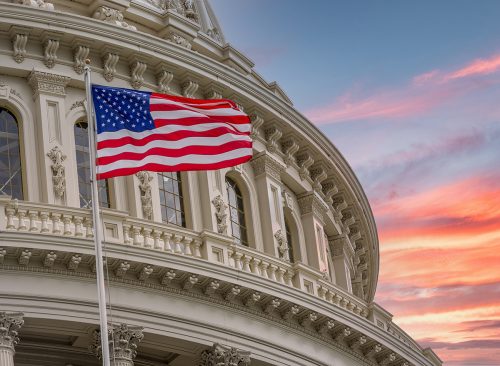
From November 14, 2020, to January 20, 2021, Trump and his co-conspirators engaged in a calculated plan to undermine the legitimacy of the 2020 election results, according to the indictment. By spreading knowingly false claims of election fraud, they aimed to obstruct the federal government function responsible for collecting, counting, and certifying the election results, according to the charges.
2
The Deceptive Co-Conspirators
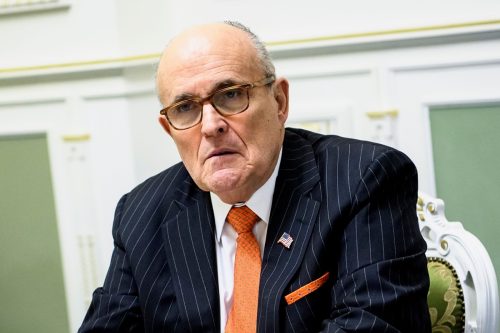
Trump enlisted a group of loyalists to assist him in this deceitful endeavor. From attorneys to officials within the Justice Department, these individuals were willing to spread false information, attempt to manipulate election outcomes, and obstruct the certification process, according to the indictment.
3
Falsehoods Unraveled
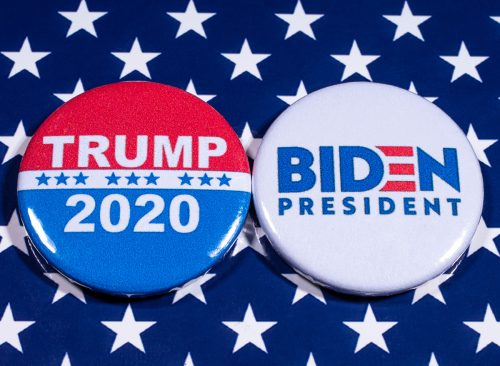
Despite being repeatedly informed that his claims of election fraud were baseless, Trump allegedly persisted in disseminating false information. The indictment highlights numerous instances where he ignored evidence presented by top advisors, experts, and state officials, fueling the conspiracy to disrupt the federal government function.
4
Implications of the Conspiracy

The alleged scheme orchestrated by Trump and his co-conspirators targeted the core of the U.S. democratic process. By sowing mistrust and anger, they allegedly sought to erode public faith in the election’s administration and manipulate the outcome for their benefit.
5
Co-Conspirator 2’s Role in Encouraging Decertification in Georgia

The indictment reveals that Co-Conspirator 2—most likely former Trump lawyer John Eastman—actively encouraged legislators in Georgia to decertify the state’s legitimate electors based on false allegations of election fraud. This revelation sheds light on the extent of the conspiracy to undermine the election results and calls into question the integrity of the electoral process.
6
Defendant’s Amplification of False Claims in Georgia

On December 3, Trump issued a tweet amplifying the knowingly false claims made by Co-Conspirator 1 (former Trump lawyer Rudy Giuliani) during a presentation in Georgia. The tweet further spread misinformation about alleged ballot stuffing by Democrats and questioned the legitimacy of the state’s election results. This deliberate dissemination of false information raises serious concerns about the Defendant’s intent and involvement in the conspiracy, according to the indictment.
7
Georgia Officials Refute Fraud Claims
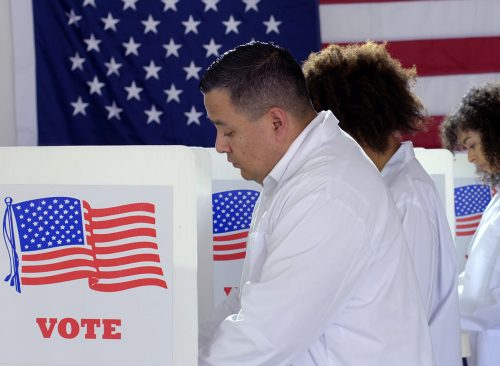
Despite mounting evidence to the contrary, Trump persisted in his false claims even after Georgia’s Secretary of State’s Chief Operating Officer publicly debunked the allegations made by Co-Conspirator 1. The indictment reveals how the Defendant ignored the facts and continued to push baseless fraud claims, fueling public outrage and creating a hostile environment for election officials and workers.
8
Co-Conspirator 1’s Manipulative Tactics
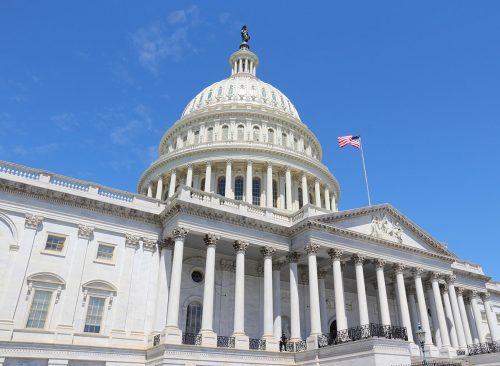
The indictment exposes Co-Conspirator 1’s manipulative tactics during a hearing before the Georgia House of Representatives’ Government Affairs Committee. By falsely accusing election workers of criminal activity and insinuating fraudulent behavior, Co-Conspirator 1 endangered the lives of innocent individuals and furthered the false narrative of election fraud, according to the indictment.
9
Oval Office Meeting and Unfounded Claims
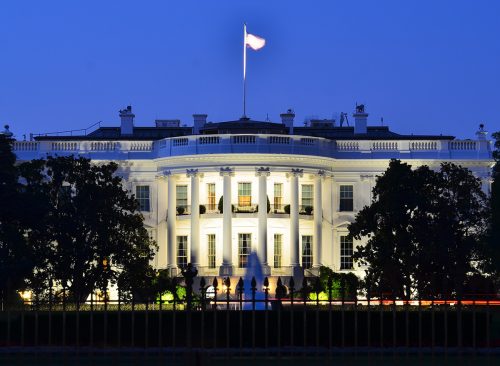
During a meeting in the Oval Office, Trump summoned the incoming Acting Attorney General and Acting Deputy Attorney General to discuss baseless allegations of election fraud. Despite Justice Department officials refuting the claims about State Farm Arena, the Defendant persisted in his false accusations, showing a blatant disregard for the truth, according to the indictment.
10
Michigan Vote Dump Allegations
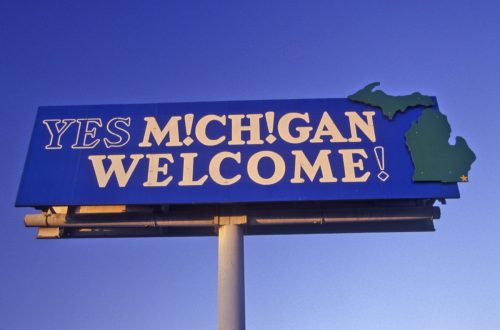
The indictment exposes the Defendant’s claims of a suspicious vote dump in Michigan and the subsequent attempts to reverse the ascertainment of legitimate Biden electors. Despite Michigan’s Senate Majority Leader stating that no evidence of fraud existed, Trump persisted in spreading unfounded allegations, undermining the democratic process, according to the indictment.
11
Michigan Legislature’s Stance on Fraud Claims

In contrast to Trump’s demands, the Michigan House Speaker and Senate Majority Leader firmly stood by the legitimacy of the election results and refused to decertify the electors. Their statements emphasized the importance of upholding democratic norms and institutions, highlighting the stark contrast between responsible leadership and conspiracy-driven misinformation, according to the indictment.
12
Threats to the Electoral College
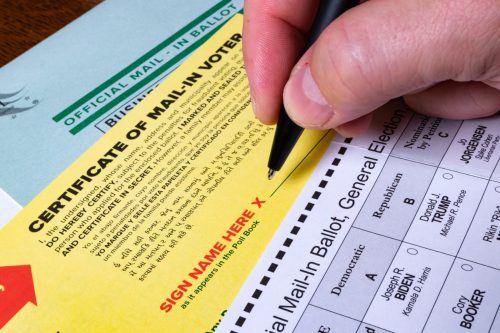
The indictment reveals how the Defendant’s actions threatened the integrity of the Electoral College process. By attempting to manipulate state electors and pressure officials to change legitimate election results, the Defendant jeopardized the democratic foundation of the United States, according to the indictment.
13
The Conspiracy Unfolds: Co-Conspirator 5’s Deceptive Strategy
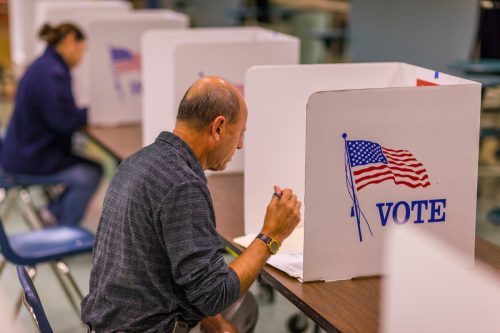
The indictment exposes how Co-Conspirator 5, an attorney assisting Trump’s Campaign (most likely pro-Trump lawyer Kenneth Chesebro), developed a deceptive strategy to use fraudulent electors in targeted states. The plan aimed to derail the certification of Biden as president and replace legitimate electors with fake ones, based on false allegations of election fraud, , according to the indictment.
14
Co-Conspirator 1’s Manipulation and Deceit
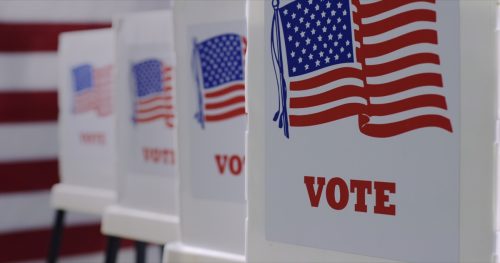
Co-Conspirator 1 played a pivotal role in orchestrating events to execute the fraudulent elector plan. Through phone calls and misleading assurances, Co-Conspirator 1 convinced state officials to provide access to state capitol buildings and facilitated the gathering and voting of fraudulent electors. The indictment uncovers Co-Conspirator 1’s manipulative tactics to further the conspiracy.
15
Expansion of the Plan: Targeting New Mexico

The conspiracy’s scope extended to New Mexico, even though Trump had lost the state by a significant margin. The indictment reveals how the Defendant’s Campaign filed an election challenge suit as a pretext to create the appearance of pending litigation, allowing fraudulent electors to vote in New Mexico as part of the scheme, according to the indictment.
16
Campaign Staffers’ Refusal to Support the Fraudulent Elector Plan
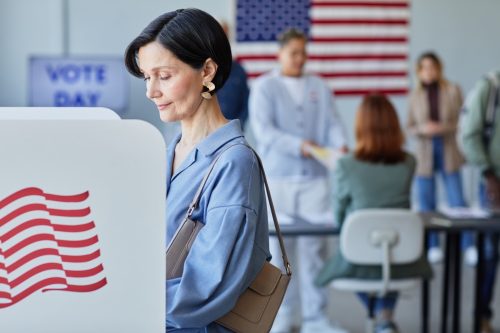
In a series of text messages, campaign staffers expressed reluctance to be associated with the fraudulent elector plan, highlighting the controversial nature of the scheme. The indictment uncovers their reservations and how they feared the potential legal consequences of certifying illegal votes.
17
The Fraudulent Elector Proceeding
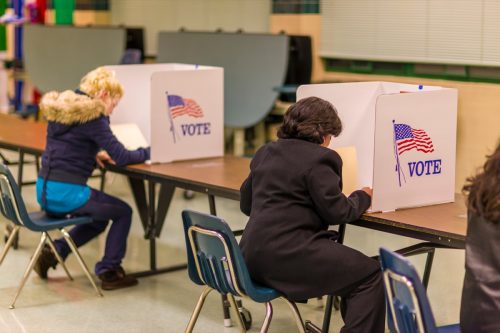
On December 14, the fraudulent electors met in sham proceedings in targeted states, casting fraudulent electoral ballots in favor of the Defendant. The indictment provides details of the efforts to satisfy legal requirements for legitimate electors and how state officials were enlisted to facilitate the gathering of fraudulent electors.
18
Certificates Sent to Authorities
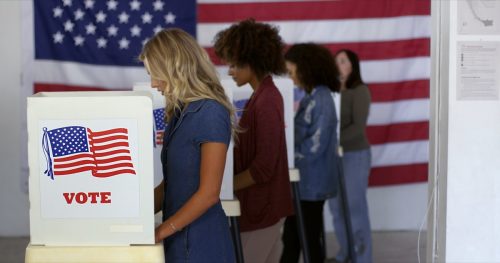
As directed by Trump and Co-Conspirator 1, the fraudulent elector certificates were mailed to key authorities, including the President of the Senate and the Archivist of the United States. The indictment highlights how these certificates were deceitfully used to target the government function and undermine the democratic process.
19
Coordinated Efforts to Challenge Legitimate Electors
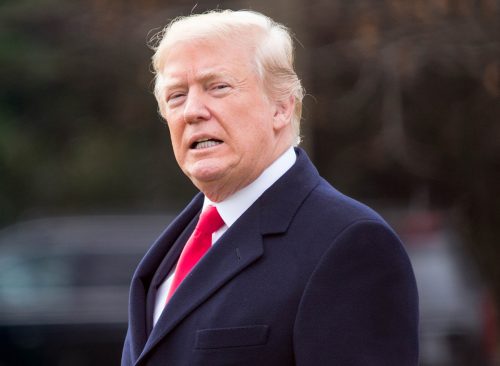
The indictment reveals how the defendant and co-conspirators meticulously planned to challenge legitimate electors from multiple states and replace them with fraudulent ones in an attempt to overturn the election results.
20
Leveraging the Justice Department for Deceptive Purposes
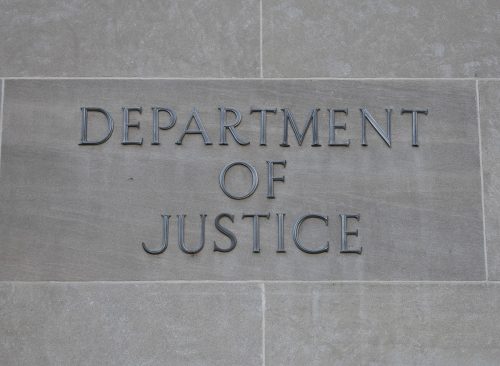
The indictment sheds light on how the defendant sought to use the Justice Department to back his baseless claims of election fraud, attempting to sway state officials to replace legitimate Biden electors with his own.
21
The Defendant’s Unrelenting Pressure on the Vice President
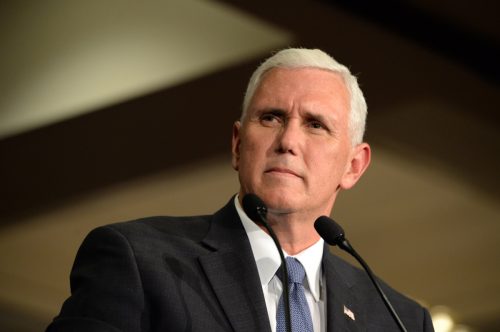
The indictment highlights the defendant’s relentless attempts to pressure the Vice President to fraudulently alter the election results during the January 6 certification proceeding, even resorting to false claims and threats. Despite the defendant’s persistent efforts, the indictment exposes how the Vice President resisted the pressure and refused to act unlawfully, upholding the integrity of the election process.
22
The Dangerous Build-Up to January 6
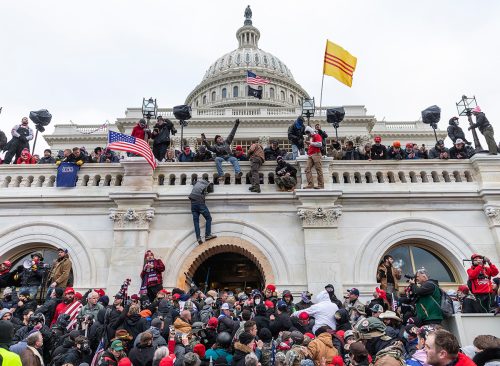
A crucial part of the indictment examines how the defendant incited his supporters to converge on Washington, D.C., creating a volatile atmosphere leading up to the certification proceeding on January 6.
23
The Aftermath and Alleged Public Deception
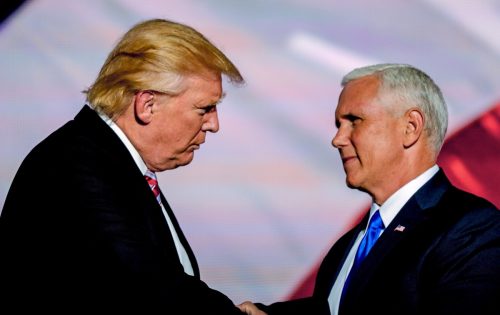
The indictment uncovers how the defendant’s campaign issued false statements, attempting to mislead the public and portray an agreement with the Vice President, despite the Vice President’s refusal to act against the election results. The indictment alleges that he knowingly engaged in a series of false claims and actions aimed at pressuring officials to overturn the election results. The document details events from November 2020 to January 2021, outlining how the alleged conspiracy unfolded.
24
Falsely Pressuring the Vice President
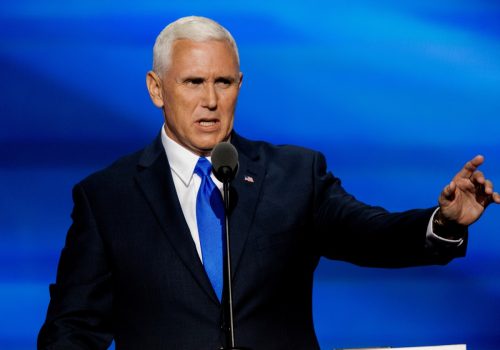
The indictment reveals that on January 6, starting early in the morning, the former President intensified his false statements aimed at the Vice President to alter the election outcome. Through tweets and public remarks, he pressured the Vice President to act fraudulently, falsely claiming that he had the power to send electoral votes back to the states.
25
Coordinating with Co-Conspirators
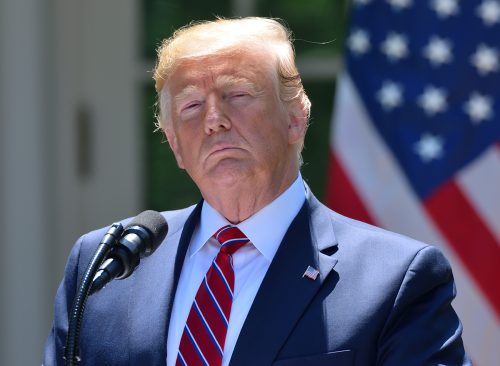
The indictment implicates co-conspirators who played a role in giving public remarks and intensifying pressure on the Vice President to obstruct the certification proceeding. It describes how they propagated knowingly false election fraud claims and urged the Vice President to act unilaterally.
26
Allegedly Exploiting Violence and Chaos

On January 6, as a crowd gathered at the Capitol, the former President refused to issue a calming message to the rioters and instead repeated false claims that the election had been stolen. The indictment details how he attempted to exploit the violence and chaos at the Capitol to further delay the certification process.
27
Attempting to Obstruct the Certification
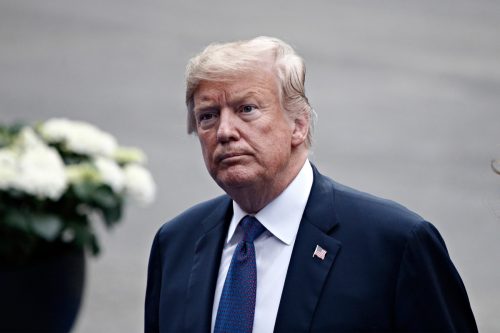
The former President and his co-conspirators attempted to obstruct the certification of the electoral vote. They contacted lawmakers, urging them to delay the certification based on knowingly false claims of election fraud, according to the indictment.
28
The Consequences and Charges
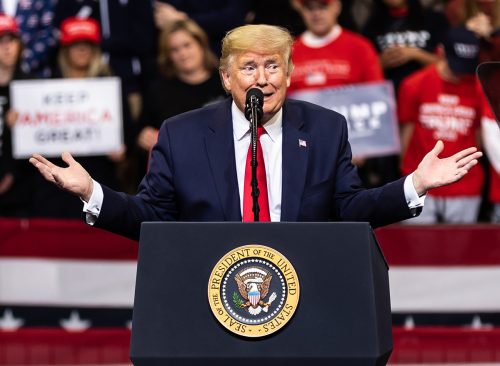
The attack on the Capitol delayed the certification for several hours, causing significant disruption. The indictment outlines multiple criminal charges, including conspiracy, obstruction of an official proceeding, and conspiracy against rights, alleging that the former President and his co-conspirators committed acts to effect the object of the conspiracy, according to the indictment.
29
Conclusion
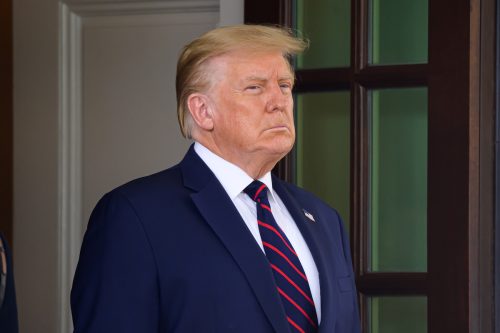
The former President’s indictment is a significant development in the aftermath of the events of January 6. As the legal proceedings unfold, the nation awaits further details about the evidence and the potential implications of the charges. The case underscores the importance of safeguarding democratic processes and holding those responsible accountable for their actions.

